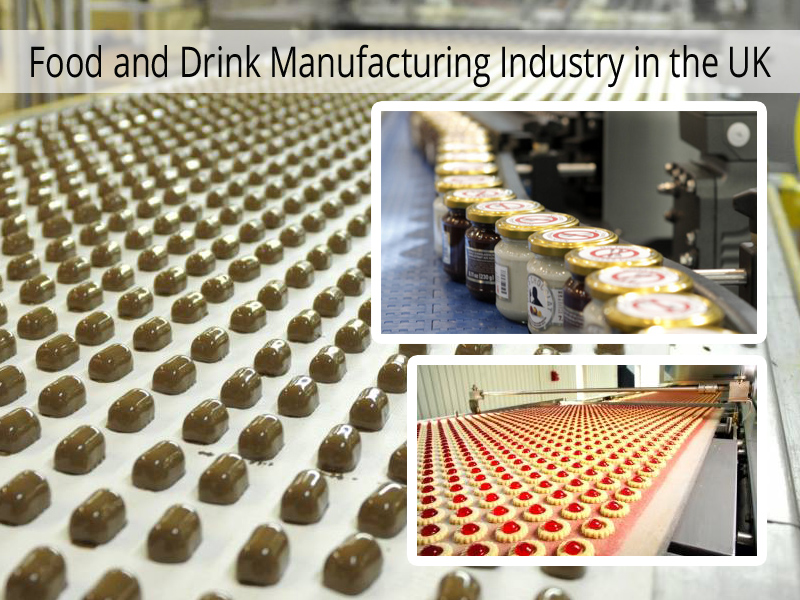Food Safety and Hygiene training courses for manufacturing is a must for every employer. The Level 1 Food Safety & Hygiene for manufacturing focuses on how people should have a good hygiene and how food is handled properly to avoid contamination. The Level 2 Food Safety & Hygiene for Manufacturing mostly involves maintaining the workplace food safety standards in for food manufacturing.
The food safety for manufacturing courses cover:
- Hazards from Delivery to Service
- Risk Control (Prevention of Contamination)
- Pests, Premises and People
And it also discusses matters such as:
- Contamination in a manufacturing environment
- Micro-organisms
- High Risk Foods in a manufacturing environment
- Cooking and temperature control
- Causes and Preventing food poisoning in a manufacturing environment
- Personal hygiene
- Cleaning and disinfection
- Pest control
- Premises & equipment
Generally there are questions that should be answerable after the end of the course. First and foremost the course should be able to introduce what food safety for manufacturing is all about and its importance. Next the laws that applies for food manufacturing businesses, giving knowledge to the employers and even employees alike what are their obligations to ensure food safety for food manufacturing. Afterwards, understanding the food hazards, what are they, there sources and their common effects.
Topics such as how employees should handle the food, how clean the workplace environment should be and how to properly do cleaning, disinfection, sanitization and
Sterilization in order to understand on how cleaning serves as a factor in preventing food contamination. The equipment and workplace environment should also be promoting cleanliness and high standard.
The discussion about temperature control as method to minimize bacterial multiplication is also due, as well as importance of proper heat processing of foods and making sure food isn’t under-cooked after. Â And another important thing is that the course should teach appropriate storage conditions for different types of food.
After the food safety for manufacturing courses, the people who took the course should learn:
- food hygiene and safety importance
- Their personal and legal obligations for both employer and employees alike
- The unfortunate effects of food-related diseases
- How food becomes contaminated
- How to prevent contamination through personal good hygiene practices
- How to control contamination through temperature control and storage from raw material and goods inwards through manufacturing, packing and distribution to customers
- How to properly clean the workplace environment
- Food safety hazards.
These multitudes of information are important to learn and ensure food safety standards being followed properly by the food manufacturing businesses that plan to take up this course.

